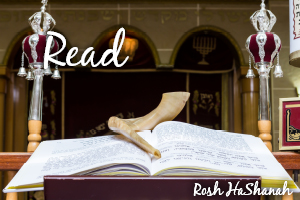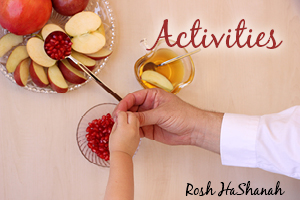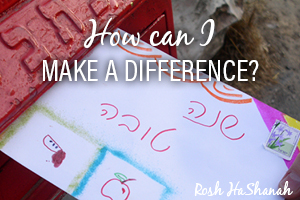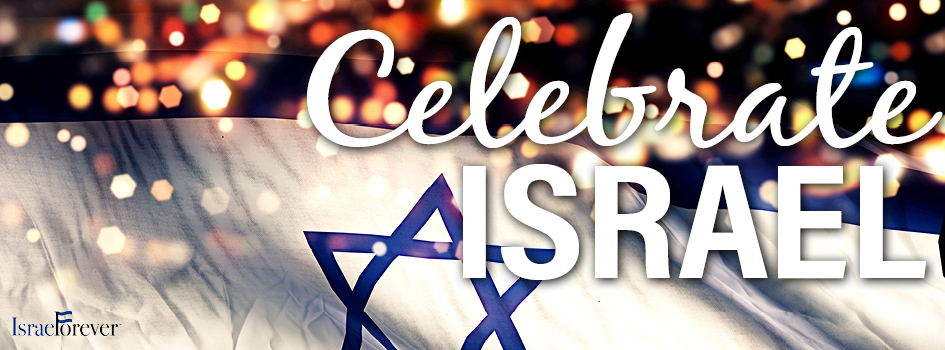ROSH HASHANAH
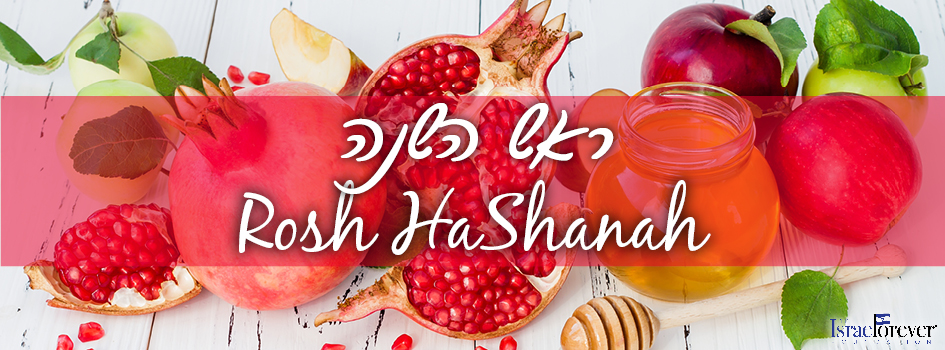
Rosh Hashanah - the Jewish New Year - is celebrated around the world at the start of the Hebrew month of Tishrei, considered the head of the calendar year. While in fact there are several “new years” throughout the Jewish annual cycle, it is believed that Rosh Hashanah marks the anniversary of the 6th day of creation, the creation of Adam and Eve, the birthdate of humanity. We honor this day of self-reflection and enter the high holiday period that culminates in Sukkot - the journey to the homeland - and Simchat Torah - the celebration of the Torah.
Explore the connection between faith, identity, and our homeland.
Rosh Hashanah is a time for introspection. What have we done in the previous year? How can we do better in the year to come? Have we done anything that is offensive to God? Have we done anything that is hurtful to our brothers and sisters?
As we enter this time of reflection and repentance, let us remember that our tradition dictates that one must first make amends between people before it is possible to be forgiven by God. For, indeed, we as a nation are stronger together, striving for unity without uniformity.
Cheshbon HaNefesh: The cleansing of the spirit
Rosh Hashanah ushers in the Ten Days of Repentance (Aseret Yemei Teshuvah), also known as the Days of Awe (Yamim Noraim), which culminate in the major fast day of Yom Kippur, the Day of Atonement. The Days of Awe represent the climax of a longer process. Starting at the beginning of the previous month, called Elul, the shofar (ram’s horn) is sounded at the conclusion of the morning prayer service. This is intended as a wake-up call for the soul, to prepare for the High Holidays. One week before Rosh Hashanah, special prayers called Selichot are added to the usual prayer ritual.
Simanim: Signs and Symbols
Jewish tradition commonly ties food to rituals of celebration and memory. Rosh Hashanah is no different. The simanim (=signs in Hebrew) are foods used as reminders or symbols for blessings we wish for ourselves, our family and the Nation of Israel for the year to come. Read more about the simanim, their accompanying blessings and ideas for how to prepare them here.
Rosh Hashanah is also known as Yom HaDin or the Day of Judgment, on which God opens the Books of Life and Death and decides who will live and who will die in the year to come. On Yom Kippur the books are sealed.

